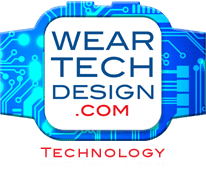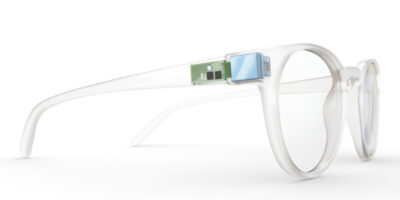MEMS scanner allows AR to step up, says Infineon
Infineon Technologies has announced a MEMS scanner solution, comprising a MEMS mirror and MEMS driver. The miniature size and low power consumption are the basis for making AR solutions more widely available for consumer applications such as wearables and for automotive head-up displays.
“Augmented reality solutions enrich real environments with valuable digital data and help people to move around more conveniently and safely in daily life, for business and leisure activities, but especially on the street,” said Charles Chan, head of Infineon’s automotive MEMS product line. “Maps, infotainment or messages projected on everyday [eye]glasses guide people to the nearest supermarket or shared car park around the corner. Overlaying valuable information, from route navigation to driver assistance systems, over the car’s complete windshield, instead of just over a small area in front of the driver, is a major step ahead for improving driving safety and convenience,” he said.
Infineon’s MEMS scanner chipset has an innovative tilting mirror which can be used in a new generation of laser beam scanner (LBS) projectors. Compared to alternative system designs and competitive MEMS scanner solutions, Infineon says its chipset has the edge in terms of performance, size, energy consumption and system costs.
For head-up displays in vehicles, one of the challenges is to integrate the AR systems into the dashboard, due to space restrictions. Conventional head up display systems can be more than 30 litres in optical volume, yet still offer only a very modest field of view. By contrast, laser beam scanners based on Infineon’s MEMS scanner chipsets enable head up display systems with minimum optical volume, so they can be integrated into even the smallest dashboard. Easy integration together with a competitive bill of material also bring AR head up displays with a large field of view to small and compact class vehicles, said Infineon.
The MEMS scanner chipset enables the design of an AR micro-projector which is light in weight and can be integrated into all-day-wear eye glasses and sports glasses while retaining the aesthetics of the glasses design. The chipset’s low power consumption means that small batteries can easily be integrated into the frame so that they can be worn without having to frequently recharge the batteries.
Infineon is collaborating with TriLite Technologies, a Vienna-based start-up, providing its MEMS scanner chipset which TriLite integrates and applies control algorithms that enhance the optical performance for consumer eyewear.




